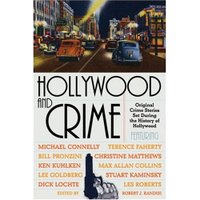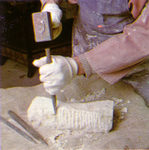I traveled home from Germany today. I woke up at 4:15 am to make a 6:30 flight out of Munich. At the airport security checkpoint, there are posters and videos alerting you to restrictions on liquids, etc. in carry-on baggage. A young couple went through with two overnight bags loaded with cosmetics, scissors, etc and couldn’t understand why security wouldn’t let them through.On the flight from Munich to Dusseldorf, where I was catching a connecting flight to the U.S., the businessman who was sitting next to me to me grabbed his crotch at take-off and again at landing. I dont know what he was protecting himself from. In Dusseldorf, the couple in front of me in the security line had bought a ton of drinks and cosmetics at the terminal gift shop. I warned them that they couldn’t bring their purchases on the plane, but they insisted that since it was bought at the airport, it was okay. I showed them the signs, and they still argued with me. So I shut up. They were shocked and infuriated when security made them throw it all out. I just smiled and went on my way.
On the flight home, I caught up on five episodes of HEROES and the last few BOSTON LEGALS of the season on my iPod. I think that HEROES is getting too twisty for their own good…to the point that it has become ludicrous and maddening…not to mention nearly impossible to follow. I still have two more episodes to watch and I will have seen the whole season. But it seems to me the show started out with a lot of promise and hasn’t delivered on it.
Back in May, BOSTON LEGAL did yet another episodes where the lawyers are held hostage…this time the bad guy was the troubled son of a murder victim wants revenge from Denny Crane (William Shatner) for getting the accused killer acquited forty-some years ago. But what made this tired plot special was that David Kelley cleverly incorporated footage from the original, black-and-white pilot of THE DEFENDERS, which co-starred a very young William Shatner as a lawyer. Kelley used the old footage as flashbacks of a younger Denny Crane defending the killer. I had to admire the episode as a TV geek, a pilot nut, and as someone who has done much the same thing (using reruns of MANNIX as flashbacks for a new Mannix story on DIAGNOSIS MURDER). I’m surprised the episode didn’t get some attention…or did it?
I see that last week TWO AND A HALF MEN was the highest rated show on television. What has happened to America while I was gone!?
I have been up for over 24 hours now…I want to try to stay awake until 8 or 9 pm. So if this post is riddled with typos and incoherent thought, now you know why.




 Booklist has praised
Booklist has praised 
